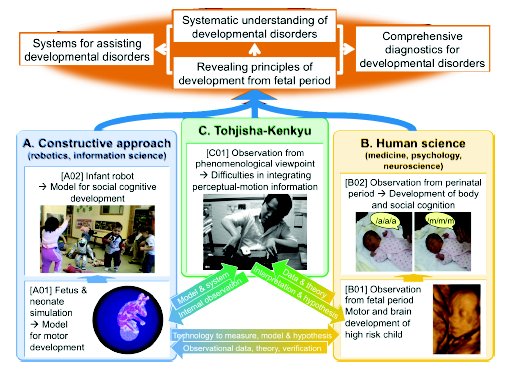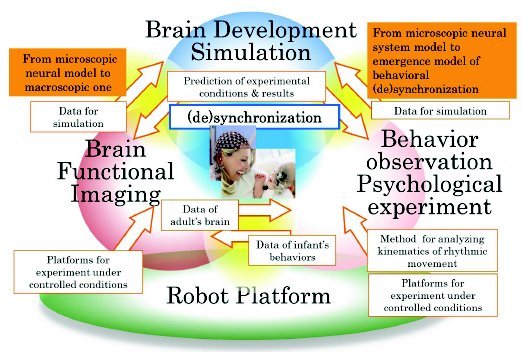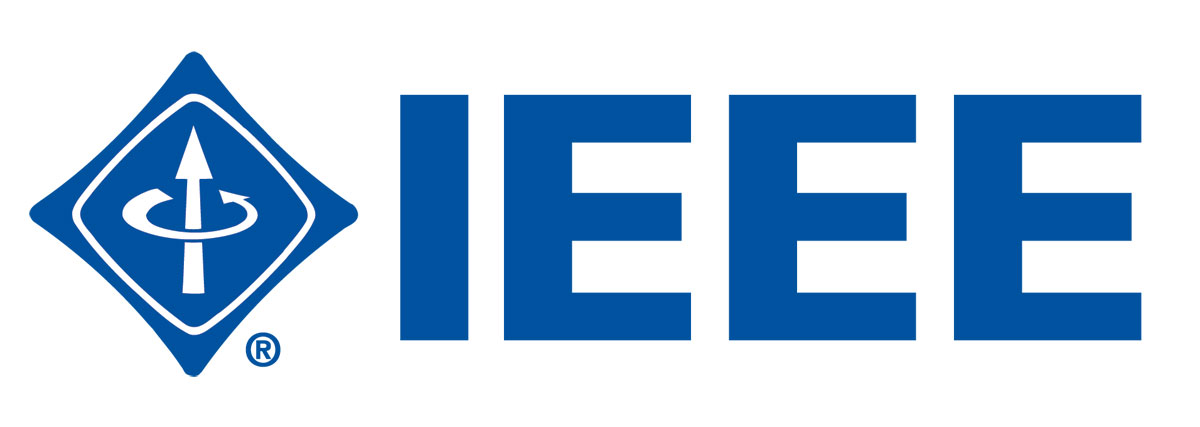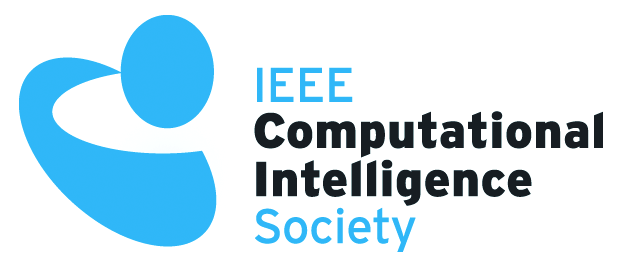Special Session 1
Constructive Developmental Science: Two Endeavors toward Understanding Human Development
Abstract
Interdisciplinary approach has a great potential to reveal the principle of human development. Analytical studies of neural activities and cognitive behaviors can generate new hypotheses about biological systems whereas constructive approach such as robotics verifies the hypotheses, which in turn leads to new direction of analytical research. We recently launched two interdisciplinary projects to address the following issues: How does human mind develop? How do experiences from the fetal period affect the development of social cognition? How is the microscopic neural activity reflected in the macroscopic human behaviors? This 3-hours special session aims to provide the overview of the projects and to discuss the potential of the new research area called “Constructive Developmental Science.”
The first project is named “Constructive Developmental Science: Revealing the Principles of Development from Fetal Period and Systematic Understanding of Developmental Disorders” (see Figure 1) [1]. The central hypothesis of this project is that people with autistic spectrum disorders may have the difficulty to integrate sensorimotor information rather than in social interaction. In addition, we suggest that experiences from the fetal period affect the later stage of social development. This project aims at understanding the origin of social development and its disorders by collaborating between robotics, human science, and Tojisha-Kenkyu.
The second project is called “Constructive Developmental Science Based on Understanding the Process from Neuro-Dynamics to Social Interaction” (see Figure 2) [2]. In contrast to the first project, it focuses more on different scales of interaction dynamics such as from the microscopic neural level to the macroscopic behavioral label. The goal of the project is to reveal the mechanism of self-recognition as well as the emergence of social interaction. We investigate the neural and behavioral dynamics of mother-infant interaction from both analytical and modeling approaches.

|

|
|
| Figure 1: Overview of the first project [1] | Figure 2: Overview of the second project [2] |
[1] http://devsci.isi.imi.i.u-tokyo.ac.jp/?lang=en
[2] http://www.er.ams.eng.osaka-u.ac.jp/asadalab/tokusui/index_en.html






